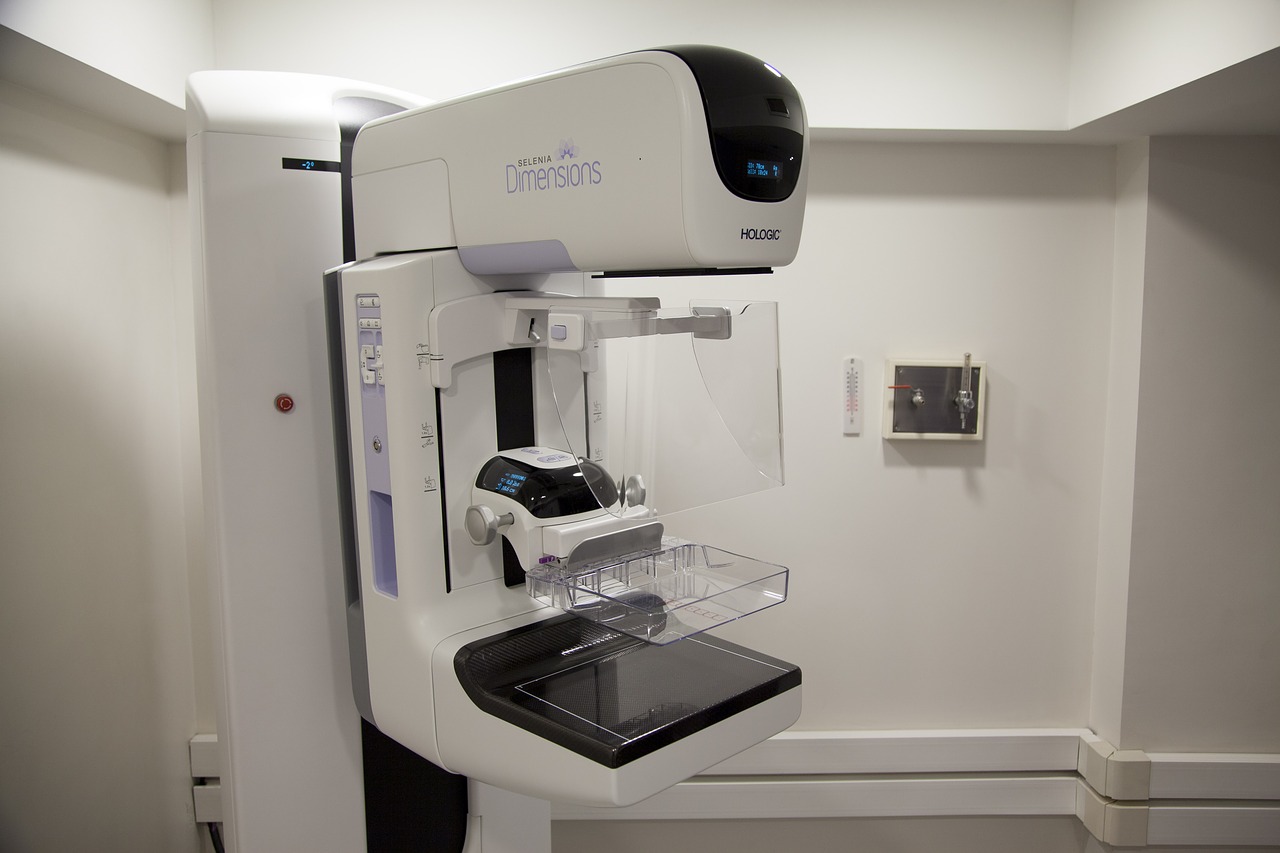
Many patients with PAH become very focused on caring for that specific disease, and rightly so. After all, we ask that pulmonary hypertension patients become well versed in their disease and treatments and help educate other providers on this rare disease. Sometimes providers also become hyper-focused while treating PAH patients and put preventative testing on the back burner. But preventative testing is an important way to screen for other serious diseases such as cancer. The end of the year is a great time to check in with your primary care provider and make sure you are up to date on preventative tests. See below for a list of a few preventative tests that may be appropriate depending on your age and sex.
Breast Cancer Screening via Mammogram
The United States Preventative Services Task Force recommends that women who are 50-74 years old and at average risk for breast cancer have a mammogram every two years. Mammograms are the best way to find breast cancer early while it is easier to treat. Work with your provider to determine if you have any risk factors such as a family history of breast cancer or history of tobacco use that may move you into an above average risk category. Mammography may be recommended in women younger than 50 if certain risk factors are present.
Colorectal Cancer Screening
Both men and women are at risk for colorectal cancer. Risks increase after the age of 50 and so the CDC recommends screening tests for men and women over the age of 50. Precancerous growths called polyps can be removed before they turn into cancer and just like mammograms colorectal cancer screenings can find cancer early, when treatment works best.
There are several different tests available to screen for colorectal cancer. Several stool tests can be used to screen for cancer, this type of testing should be repeated every 1-3 years. A colonoscopy uses a flexible thin tube inserted in the rectum to examine the rectum and entire colon and should be repeated every 10 years or more regularly if abnormalities are found. A sigmoidoscopy is like a colonoscopy but only examines the lower third of the colon and the rectum. A CT colonography, or virtual colonoscopy, uses imaging to look for abnormalities in the colon and should be repeated every 5 years.
Diabetic Testing
It can be easy to become complacent after having a disease for many years. But yearly testing is the best way to detect complications of diabetes early when they may be treatable or even reversible. PAH patients with diabetes should have their Hemoglobin A1C checked at least annually. The A1C is a simple blood test that demonstrates the average blood sugar over the last 6-8 weeks. Diabetic patients should also have a dilated eye exam every 2 years or more frequently if abnormalities are present. This exam helps identify problems associated with diabetes such as glaucoma and diabetic retinopathy. Because diabetes can cause damage to your kidneys over time, a urine test to check for protein in the urine should be done at least annually. Protein in the urine is an early sign that your kidneys are stressed.
Flu and Pneumonia Vaccines
Pulmonary Arterial Hypertension patients are at high risk for complications related to flu and pneumonia. See our previous blog about the flu vaccine to discover the importance of receiving this shot. The CDC recommends all people over the age of 65 receive the pneumonia vaccine and people over the age of 19 with chronic heart or lung disease – PAH is both.
Cervical Cancer Screening
A pap test or pap smear is recommended by the CDC for all women ages 21-65. This test is very effective in identifying abnormal cells, or precancerous cells on the cervix. This test should be repeated every 3 -5 years or as recommended by your provider. It is important to continue to have this screening test even after you are done having children and even if you are not currently sexually active.
